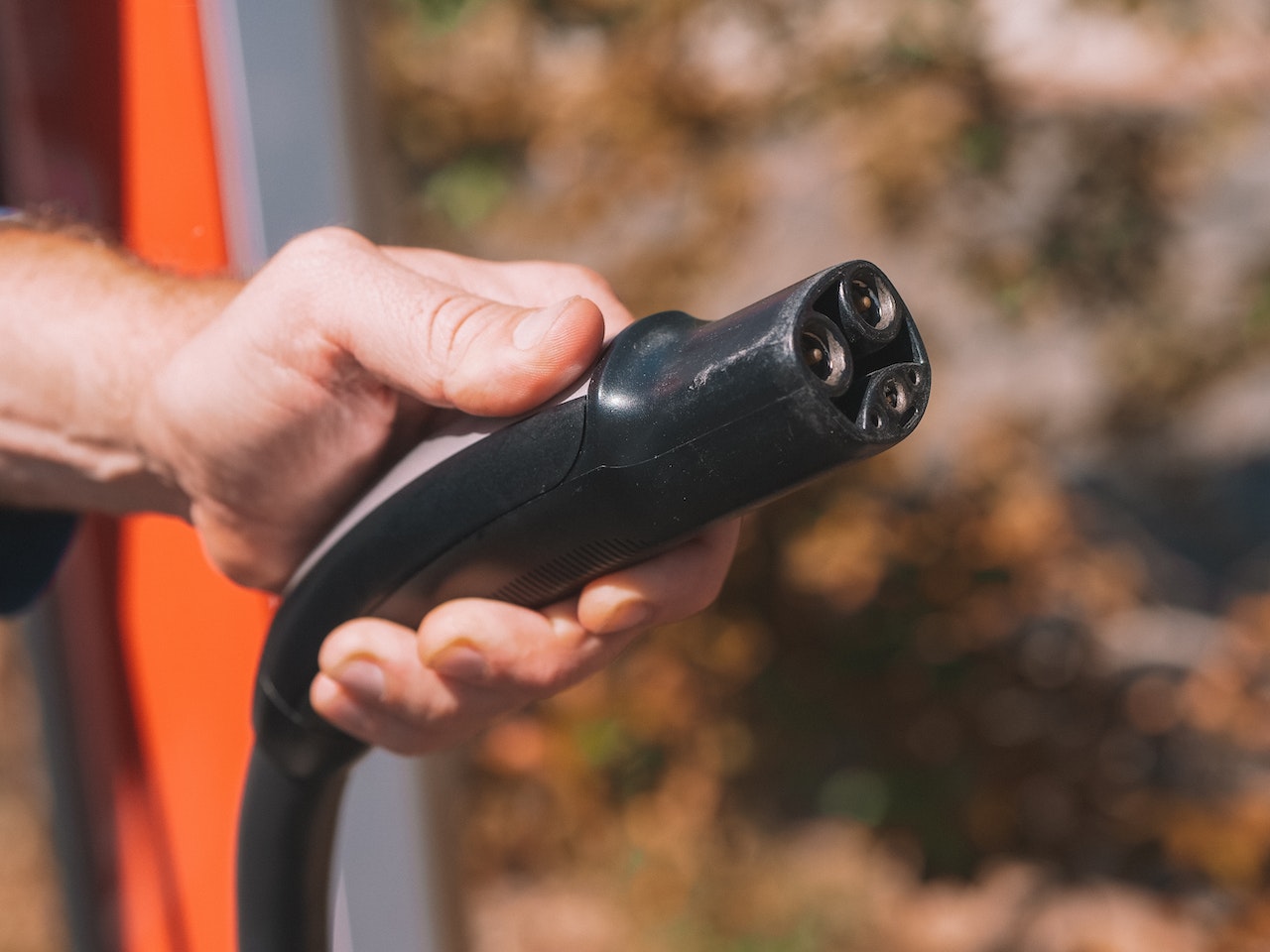Tesla charging network is set to expand significantly with two major players, Hilton and Honda, joining the fray. Hilton (HLT) will install 20,000 Tesla Universal Wall Connector plugs across 2,000 of its hotel locations in North America, solidifying its status as the leading hospitality company in EV charging infrastructure. Meanwhile, Honda (HMC) announces plans to implement the North American Charging Standard (NACS) plug in its new EVs by 2025, granting them native access to Tesla’s Supercharger network.
Hilton’s ambitious project, slated to commence in early 2024, will provide Tesla owners and NACS-compatible vehicles with ample charging options in the US, Canada, and Mexico. With search volume for EV charging facilities on Hilton’s website skyrocketing, the move aligns seamlessly with evolving consumer demands. The Tesla Universal Wall Connectors, a cost-effective alternative to the Supercharger Network, are designed to offer slower yet more affordable AC charging.
Rebecca Tinucci, Tesla’s Senior Director of Charging Infrastructure, highlighted the company’s mission to establish low-cost, accessible AC charging solutions at parking spots for extended periods, streamlining the charging process for EV owners.
In a parallel development, Honda’s decision to integrate the NACS plug into its forthcoming EV models signals a game-changing move. Starting in 2025, this step will facilitate Honda’s direct access to Tesla’s Supercharger network, granting their vehicles greater convenience and efficiency in charging.
The addition of Hilton and Honda to the Tesla Supercharger network deals a significant blow to competitors in the charging infrastructure sector. Companies like EVgo, Chargepoint, and Blink, previously aiming for charging neutrality, are now adapting to accommodate the growing number of vehicles aligning with the Tesla charging standard.
Operating a charging network is an investment-intensive endeavor, with high upfront costs and evolving utilization rates, particularly in the evolving U.S. EV landscape.
ChargePoint (CHPT), a key player in the charging network sphere, reported a Q2 net loss of $125.3 million, surpassing market expectations. This was attributed to inventory impairment and supply chain-related costs stemming from DC fast-charging projects. Despite the setback, revenue saw a commendable 39% surge from the previous year. In a bid to fortify liquidity, ChargePoint announced a 10% reduction in its global workforce.
Blink Charging (BLNK) echoed the industry-wide challenges, citing the burdens posed by legacy chargers due to outdated technology and reliability issues. CEO Brendan Jones acknowledged missteps in charger placement among other concerns.
In conclusion, the integration of Hilton and Honda into the Tesla charging network represents a pivotal step towards a more robust and accessible charging infrastructure for electric vehicle owners. These partnerships underscore Tesla’s unwavering commitment to revolutionize the EV charging landscape and solidify its position as a frontrunner in sustainable transportation.
Source: Yahoo Finance



